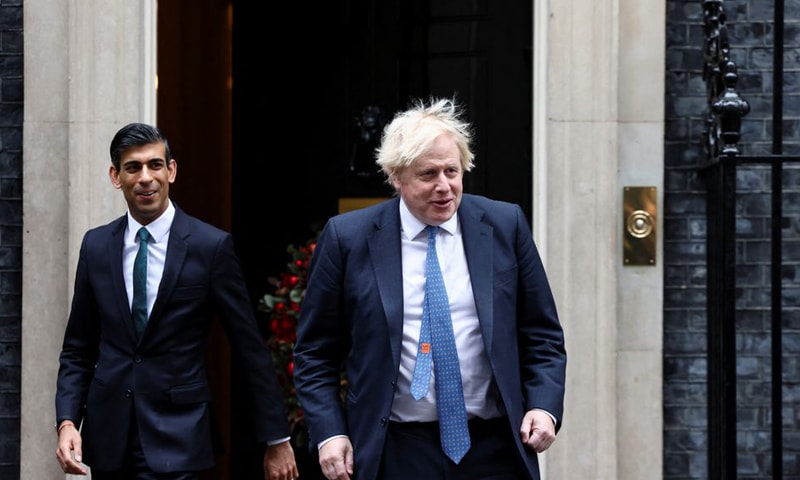Hardly surviving a vote of no confidence on June 6, Prime Minister Boris Johnson is facing hurdles in his premiership.
Health Minister Sajid Javid and Finance Minister Rishi Sunak resigned from their job on July 5 due to multiple scandals and cover-ups orchestrated by the Prime Minister. Backbench MPs are now fed up, with some vowing to oust the PM by any means.
Following the resignation of the two senior ministers, four other Conservative party junior ministers have also resigned. The vice-chair of the Conservative party has also announced his resignation, denouncing the “appalling” behaviour of the Prime Minister.
The two ministers’ resignation relates to the government’s appointment of a cabinet member under suspicion of sexual misconduct. PM Johnson already had the information about these allegations against the minister before appointing him, infuriating some senior ministers and backbenchers.
Johnson had been desperate for his premiership since May when a report revealed information about Downing Street gatherings during the lockdown. Johnson is accused of promoting a culture of rule-breaking by British officials.
The opposition and several Conservative politicians have repeatedly called on Johnson to step down over the case, one of a series of scandals that have troubled his leadership.
Andrew Mitchell, Tory backbencher and former chief whip of the party, said that it was now “over” for PM Johnson, promiting other politicians to force the PM out of his position.
Typically, Conservative Party rules stipulate that the Prime Minister cannot face a vote of no confidence within one year. However, there are expectations that the rules may be changed to facilitate the PM’s departure.
There is also growing discontent within the party for other reasons. Finance minister Rishi Sunak referred to the planned tax hike in his resignation letter, saying the prime minister’s approach is “fundamentally very different”.



